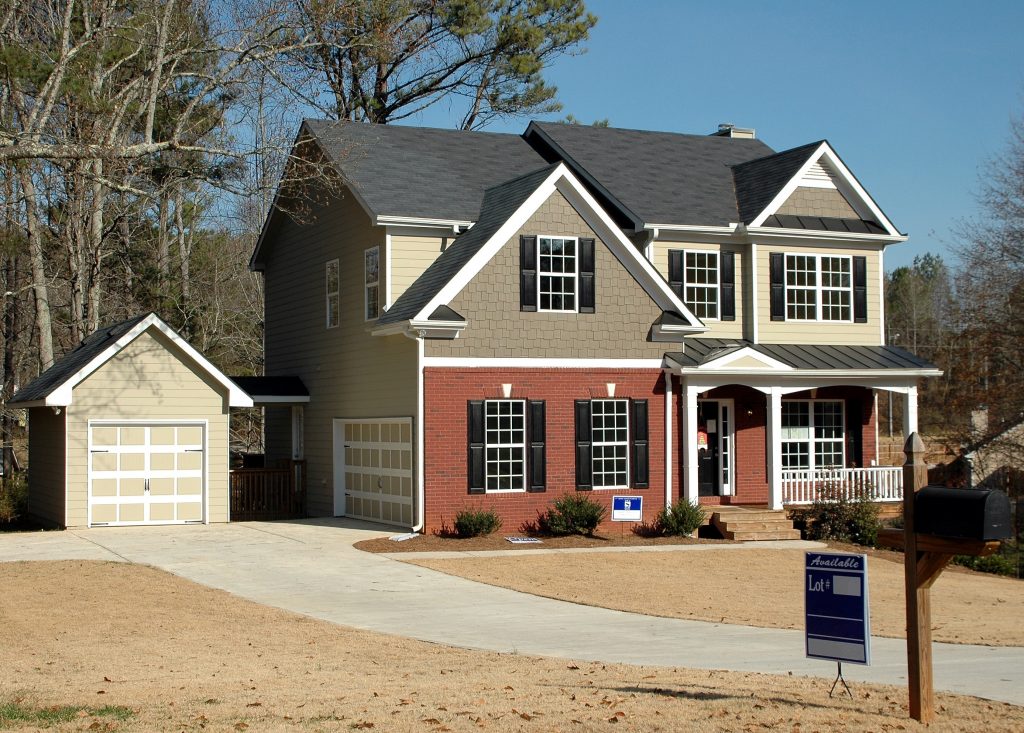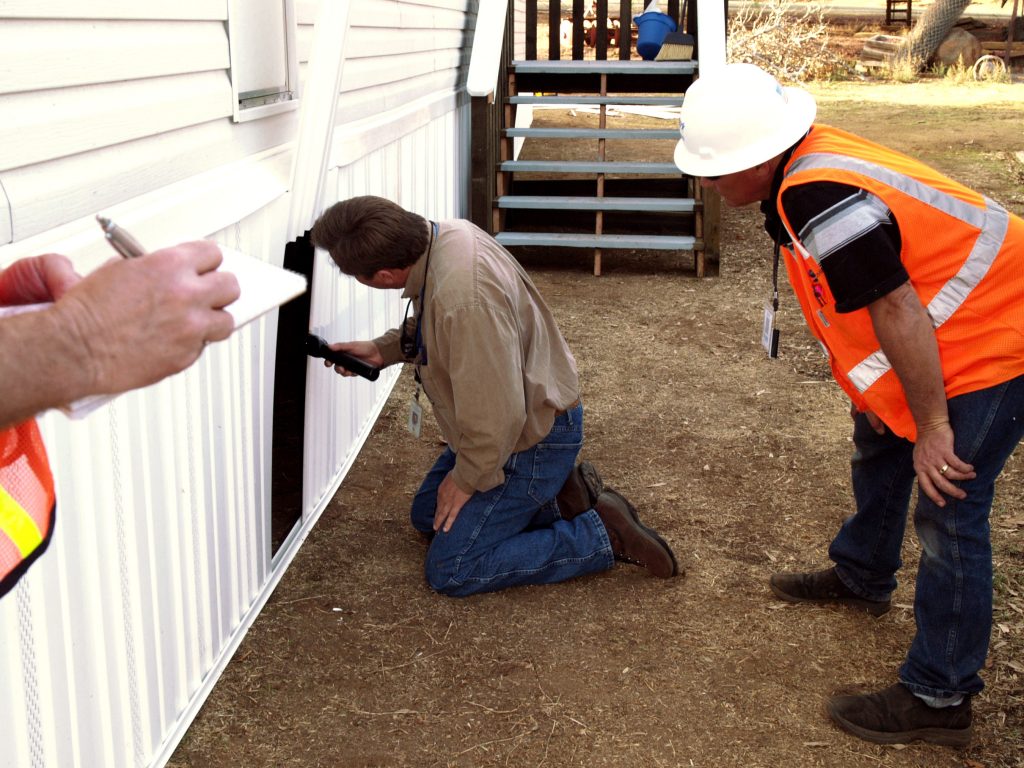As the buyer you’re not just going to sit back and wait for closing after you’re offer has been submitted and accepted. In addition to working with your lender to get your mortgage approved and setting up your movers, you’ll want to have your future home inspected by a licensed professional. Below we answer the most common questions buyers have about what a home inspection is, why they should have one done, and how to find a qualified home inspector.

Why have a home inspection?
A home inspection is in your best interest as a buyer and may be required by your mortgage underwriter. Touring a home with your Realtor one or two times can only tell you so much about the house and only show you the things in plain sight. A home inspector is trained to look at all aspects and systems of a house. Once the inspection is completed, your inspector will provide you and the seller with a written report of his or her findings. Depending on the terms of your sales agreement, you can then negotiate with the seller to have necessary items on the report repaired or replaced.
What is the inspector looking for?
The home inspector is going to look over almost everything about the house. He or she will inspect the HVAC systems, plumbing, electrical, stairs, roof, windows, foundation, and any external features. The inspector will provide you with an unbiased and professional evaluation of the house. The inspection report will detail necessary repairs along with estimated costs of said repairs. It will also include the estimated remaining life on things like the HVAC systems, roof, windows, decking and fencing as well as tips that may help extend their life. A home inspection does not include everything in the house however. You can read about what isn’t included in a home inspection here.
Should I attend the home inspection?
It’s not mandatory that you attend your home inspection but it is a good idea. First, it would provide you with another look at the house and an opportunity to take measurements for furniture, new appliances, and window treatments. Second, the home inspector will give you some valuable insight into the home. He or she can show you how to operate and maintain all the systems and appliances in the house so you’re not scratching your head after closing.
How long will the inspection take and how much will it cost me?
While the inspector is always looking for the same things, each inspection is different based on the house. Generally, it will take between two and four hours to complete a home inspection. You can expect to receive your written report within seven to ten business days after the inspection. Price will again vary depending on the house. Rates are usually based on square footage and average between $350 and $700.
What should I look for in a home inspector?
Your Realtor and lender can both provide you with referrals to home inspectors. You’ll still want to independently vet your inspector. You want a home inspector who has years of hands-on experience. Research how long they have been in business and when they became certified. Next, ask for information on how they will supply the results of a home inspection to you. Will the report be mailed, faxed, or emailed to you? You’ll want a printed report with details on each item on the checklist. You should also want find out what items they will be inspecting and make sure it’s a thorough list. If a home inspector is hesitant to allow you to attend the inspection, won’t explain their process or background, or won’t provide you with a detailed report you should look elsewhere.
When should I schedule my home inspection?
Once you have your home inspector, schedule the appointment as soon as possible to give yourself and the seller enough time to address any issues that may crop up. There is most likely a contingency related to your home inspection included in the agreement of sale. As with most contingencies, there is a “time is of the essence” custom and it may even be listed in the agreement. Abide by the timeline stated in the agreement or follow your Realtor’s recommended time frame.
A home inspection can seem like a formality and possibly unnecessary but be assured it is most definitely a necessity. While Florida law requires Sellers to disclose their full knowledge of the property’s history that doesn’t mean a Seller will know about unseen issues and it also doesn’t mean all Sellers will be honest and forthcoming. Protect your investment every step of the way.
Editor’s note: This post was originally published November 2014. It has since been updated and edited for clarity and cohesiveness.
